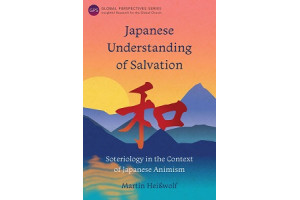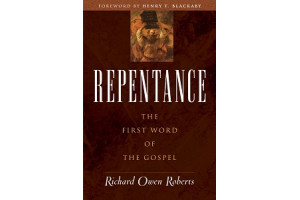
At a Glance
By: Martin Heißwolf
It is no secret that Christianity has been widely rejected in Japan with less than two percent of the population identifying as Christian. The dominant worldview in Japan is deeply animistic, with beliefs such as the Japanese mana-concept, ki (気), the Japanese soulconcept, and the concept of God/god(s), kami (神), being deeply rooted in the culture and fundamentally influencing society. Dr Martin Heißwolf, with his years of experience in Japan, critically examines Japanese animism in light of core Christian beliefs, such as the concepts of “peace” and “salvation.”
Central to Japanese people’s rejection of Christian truth is the diametric opposition of its supernatural message to the natural focus of Japanese animistic folk religion. Heißwolf’s meticulous study is framed squarely within missiological thought and praxis so Christians serving in Japanese contexts are better able to communicate the message of the gospel by more fully understanding Japanese people, people by whom God wants to be known.
More Details
Read this eBook on the BibleMesh web-reader or our iOS and Android app.


Format: eBook
Published Date: February 2018
Publisher: Langham

About the Technology
About the Author
Martin Heißwolf , a German missionary to Japan, gained his DTh in Missiology from the University of South Africa. His involvement in evangelism, church planting, counseling, community work, and teaching in Japanese society since 1991 have been his basis for
listening to Japanese people. It is from this listening that he has gained insights into Japanese oral folk beliefs that have been pivotal to his research into Japanese animism. He and his wife, Andrea, a fellow missionary to Japan, have seven children.




